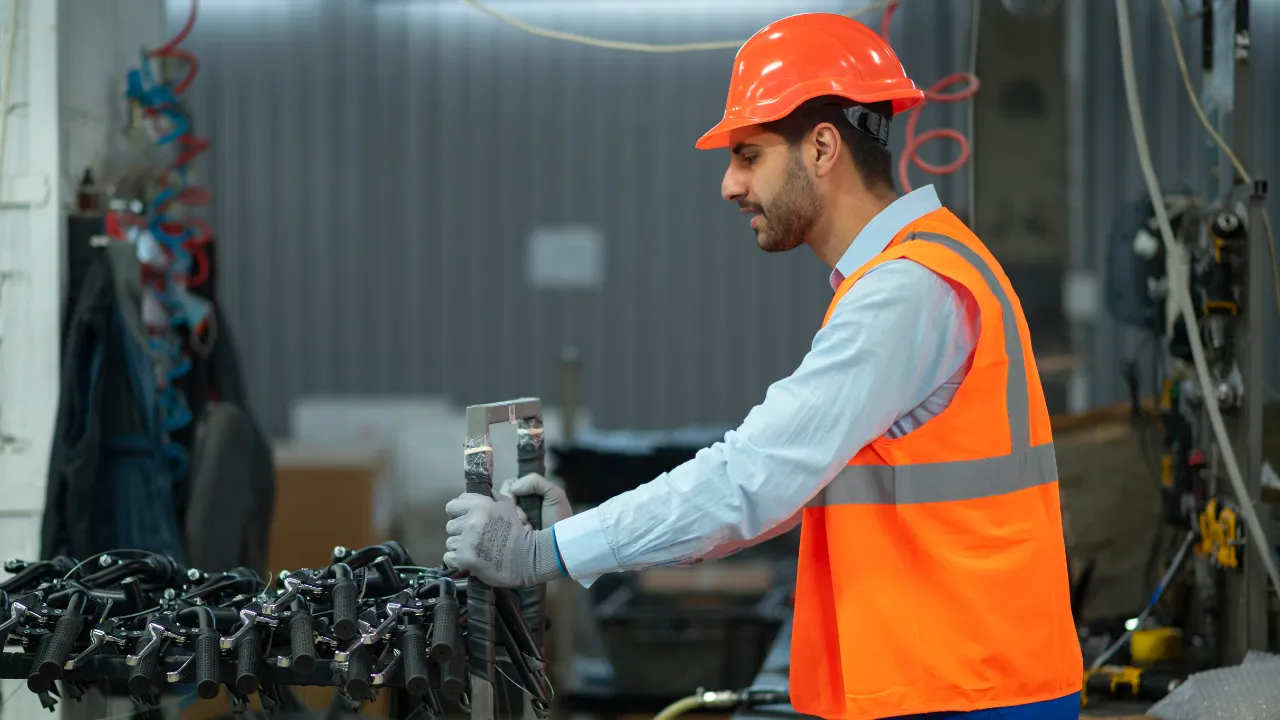A new program has been introduced by the Municipal Corporation of Delhi (MCD) to help MSMEs get manufacturing permits. This will help businesses operating in certain industrial zones. Now, businesses can use their Udyam registration or lease/allotment deeds from the Delhi government or DSIIDC as factory licenses. This change removes the need for a separate permit from the MCD.
Deemed Licence: Udyam or Lease Document is Enough
Units within recognized industrial areas, such as those in Narela, Bawana, and Badli, can now rely on either a valid MSME Udyam Registration Certificate or a GNCTD/DSIIDC lease deed as their legal factory licence under Sections 416/417 of the DMC Act, 1957. This shift removes redundant paperwork and reduces compliance burden significantly.
Simplified Fee Structure: Licence Fee Now Tied to Property Tax
Earlier, factory licence fees were calculated based on power consumption (in HP), often leading to physical inspections and discretionary behaviour by officials. The new policy replaces this with a flat 5% of annual property tax, collected alongside property tax payments, meaning factory owners no longer need separate filings or recurring inspections.
Multi‑Floor Norm Rationalised
A related reform rationalises the floor-wise licence requirement: if a factory operates across multiple floors under a single ownership with one GST number, only one factory licence is needed, simplifying compliance for multi-story operations. Multiple GST numbers or different owners across floors still require separate licences.
Who Benefits and What It Means
These reforms will help over 25,000 businesses, especially in relocation zones in Delhi. Entrepreneurs, especially small and medium-sized businesses and new companies, will get faster access to bank loans, government programs, and approvals. The simplification of rules and inspections will also make operations clearer and more predictable.
Mayor Raja Iqbal Singh described this as a historic step toward dismantling the “licence raj” and creating a business-friendly environment in Delhi. Alongside MCD reform, the central deregulation cell has also proposed a broader single-window clearance system integrating licenses from agencies like GST, FSSAI, ESIC, fire services, and DPCC.
How This Reform Could Reshape Compliance for Good
Delhi is changing its licensing rules to make it easier for businesses to meet industrial requirements. Now, an Udyam certificate or lease documents are enough, which means fewer licenses and inspections, as well as a simpler fee structure. This is a big win for small and medium enterprises (MSMEs). As these changes take effect, Delhi could become a top example of how to improve industrial processes in India.
Also Read: Indian SMEs Forge Forward into Middle East Markets

























